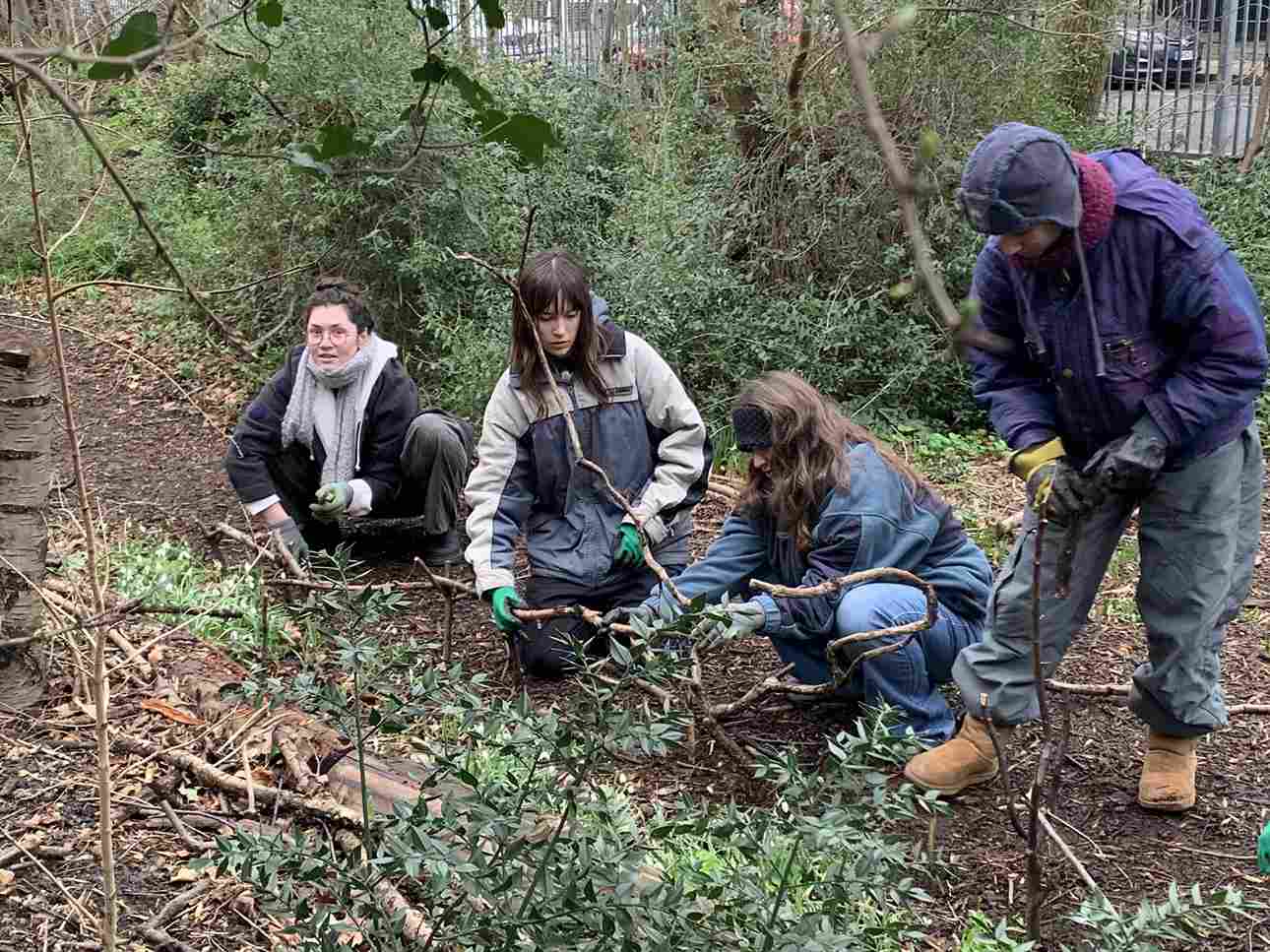
Community Land Ownership and Native Woodland Restoration

Summary
This project investigated community land ownership as a vehicle for restoring Scotland’s native woodland. Centring on the case study of Abriachan Forest Trust, a community-owned initiative in the Scottish Highlands, the research aimed to: 1) discover the extent to which native woodland has been restored on an example of community-owned land, and 2) explore how the model of community land ownership has shaped the efforts and outcomes of native woodland restoration at Abriachan Forest Trust.
Approach and Methodology
Despite being perceived as wild and untouched, the native forest landscapes of the Scottish Highlands have been ecologically degraded by centuries of heavy land management. Encouragingly, significant attention is now being directed at restoring the region’s native woodland, aligning with global efforts to tackle biodiversity decline.
In recent years, the Scottish Highlands has seen a rise in community ownership, a form of land possession which enables communities to prioritise land management outcomes important to local residents. In light of this, I decided to investigate the unique potential of community land ownership to support the outcome of native woodland restoration, using Abriachan Forest Trust as a case study.
Using a combination of drone imaging, machine learning object-detection tools and onsite ecological fieldwork, I was able to quantitatively determine the current extent of native woodland at Abriachan Forest Trust. Comparing this to historical baselines showed that, in the last 25 years, a significant amount of native woodland had successfully been restored on the community-owned land. To explore the role that owning the land as a community has played in these outcomes, I interviewed community members about their experience and knowledge of the transformation of Abriachan Forest Trust’s land, then thematically analysed the findings.
Proposal/Outcome
In addition to quantitatively demonstrating successful native woodland restoration at Abriachan Forest Trust, the qualitative aspect of the study revealed that the act of restoring native forest on community-owned land generated a wide range of beneficial outcomes for local residents, alongside the ecological benefits. Through pursuing the collective goal of thriving native forest, Abriachan experienced enhanced community cohesion, empowered local governance, an improved sense of connection to the land, and an opportunity for intergenerational education amongst other meaningful outcomes.
Beyond Outcomes
I feel very privileged to have been able to explore a matter of genuine importance to the community members of Abriachan. This project has taught me the value of truly engaging with a context; to have had the opportunity to authentically, and I hope meaningfully, reflect the unique insights rooted within this local community has been a really fulfilling experience.
The positive feedback received from community members, and in particular the lasting relationships I have formed with residents who supported this project, are by far my most valued outcomes, and make me particularly proud of this work.
Want to learn more about this project?


Overall LIS Journey
About me

Hello! I'm Kessia Gill, a recent graduate of LIS' founding cohort. I'm passionate about a range of complex social and environmental issues, from land ownership to reproductive justice, which prove hard to sum up in a sentence! Otherwise, I feel the most at home in the outdoors (specifically anywhere high up or near the sea), playing sport, or cooking with friends.
.svg)
Other Related Projects
Back to the repository


- A Pilot Based on Heathrow's Sustainability Goals







